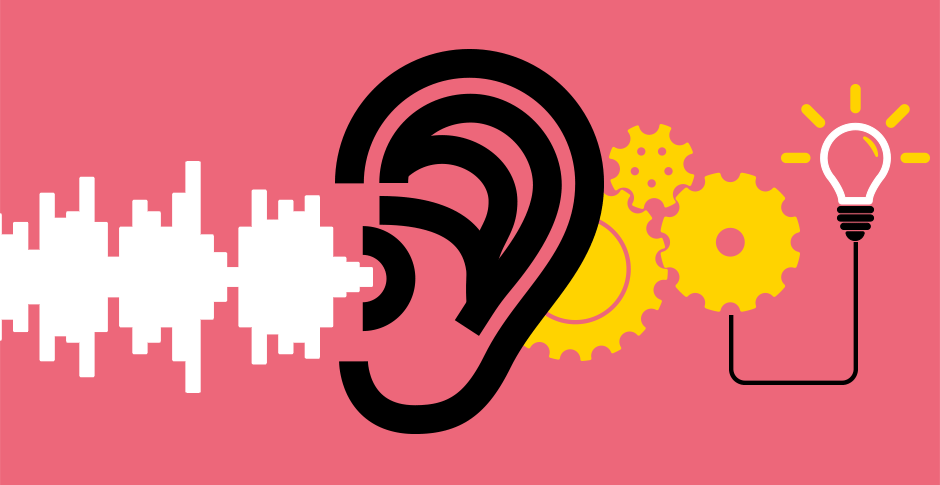

It means that because your information is accurate, you can implement effective solutions to overcome the core conflict. You haven’t missed any key information or misinterpreted the conversation. This is because you’ve been careful to pay attention to everything that has been said. HR and legal professions know that active listening is a core component of any conflict resolution. Active listening skills can improve conflict resolution This in turn can lead to greater productivity and increased staff retention – all positive for the business. The best managers know that listening to their staff (and acting accordingly) is a great way to improve team morale. Or you may be able to nip small issues in the bud before situations escalate into something untenable. You might remember a previous suggestion that they had made. By ensuring that you are always actively listening to their concerns or their suggestions, they will feel far more supported. It Shows a Higher Level of Respect, Which Can Lead to Better Moraleīy listening to what your staff or customers are telling you, and responding accordingly, you are naturally being far more respectful of others.
#Active listening skills in social work update#
If you then have to pass that information onto someone else (perhaps a status update on a specific project), it is clear that the information will be far more accurate, which could lead to better communication. If your work relies upon collaboration with others, you need to know that each person is listening to one another and working as a team.Īctive listening means that you are more likely to remember the information that you are given. When you are actively listening, you can interpret and retain information far more effectively. When managed correctly, active listening skills can be hugely beneficial to every single workplace: It Can Improve Communication Between Departments Similarly, someone working in the legal profession needs to be able to listen to everything that is being said and understand the nuances/intricacies involved so as not to miss any important details.īut it’s not just about certain professions. Why Are Active Listening Skills So Important in the Workplace?Īs we’ve already mentioned, active listening skills are highly regarded in certain job roles.Ī social worker listening to a tale of neglect or abuse must be able to actively listen to what is being said and show empathy to that person. This is an all-too-relatable example of passive listening. When you head back to your desk, you realize you’re not entirely sure of everything that was said during that meeting. Or maybe you start to think about what you are going to have for your lunch. Perhaps you’ve begun mindlessly doodling on your notepad. In contrast, have you ever sat in a lengthy meeting where your mind starts to drift from the speaker?

This shows that they are actively listening to what you are telling them. They might maintain eye contact, or they might be nodding their head, etc. You will know if they are paying attention because they may give off some non- verbal clues. You may need to talk to them about what the issue is and why it bothers you.Īlthough you are the person talking, you’ll be looking at your HR manager to see how they react and to see if they understand the nuances of what you are telling them. If you are experiencing a distressing work-related situation, you may approach your HR representative for a solution.
#Active listening skills in social work how to#
Instinctively know how to react to the context of the conversation.Listen to what is being said (and sometimes, more importantly, what is not being said).Those who are great active listeners tend to work in job roles that are extremely person-centric. We don’t always take the time to show that we genuinely understand what is being told to us.Īctive listening is a core skill, and it is one that we can learn.

We all like to think that we’re good listeners.īut the reality is that many of us only focus on passive listening. In contrast, active listening is a style of communication that shows you understand what is being said to you, and what you are being asked to do.Īctive listening skills are about more than just hearing the words it involves interpreting body language and other visual cues, and thinking about your response and knowing how to react appropriately.

You may be hearing the words that are being said, but without any form of reaction (such as smiling, nodding your head or reacting to the conversation), it could be deemed that you’re not paying attention. Passive listening is when you listen to what is being told but you don’t react to it. But it may surprise you to know that there are two distinct styles of listening: Have you ever described yourself as a good listener? We expect you’ve likely put that you have great listening skills under the skills section of your resume.Īfter all, we know that’s what employers are looking for.


 0 kommentar(er)
0 kommentar(er)
